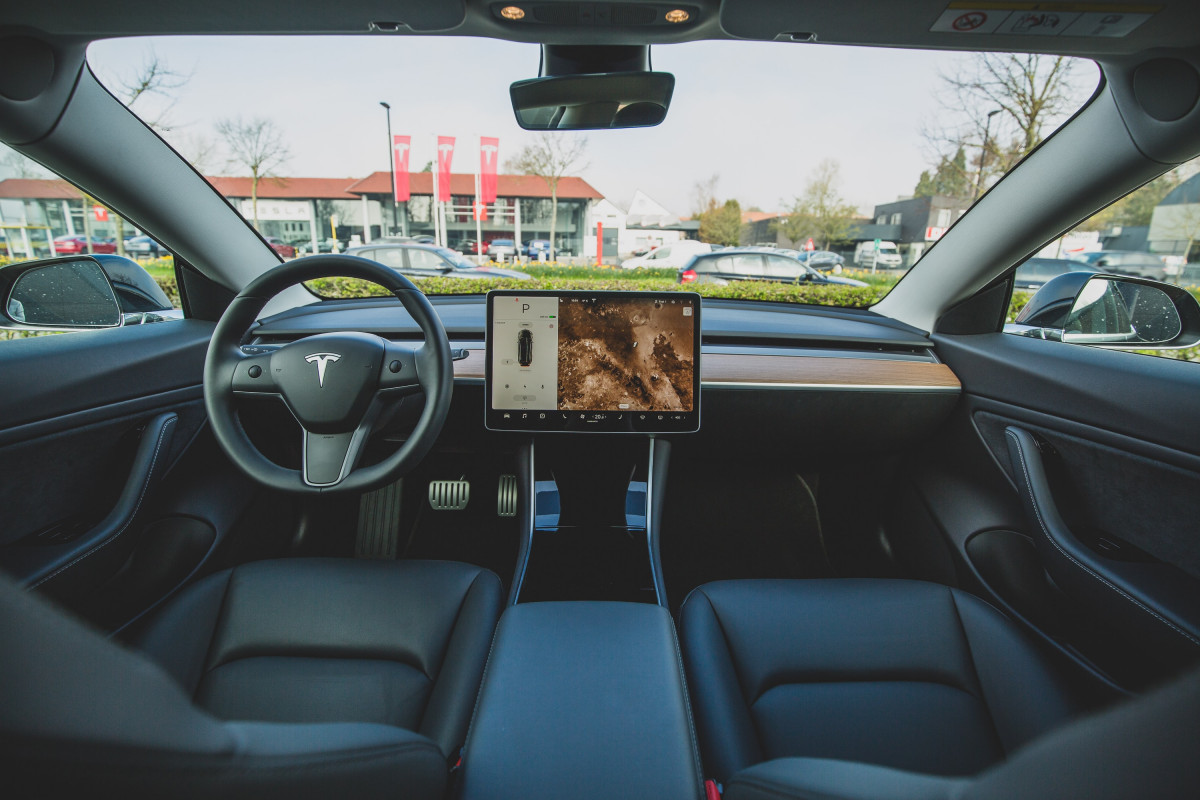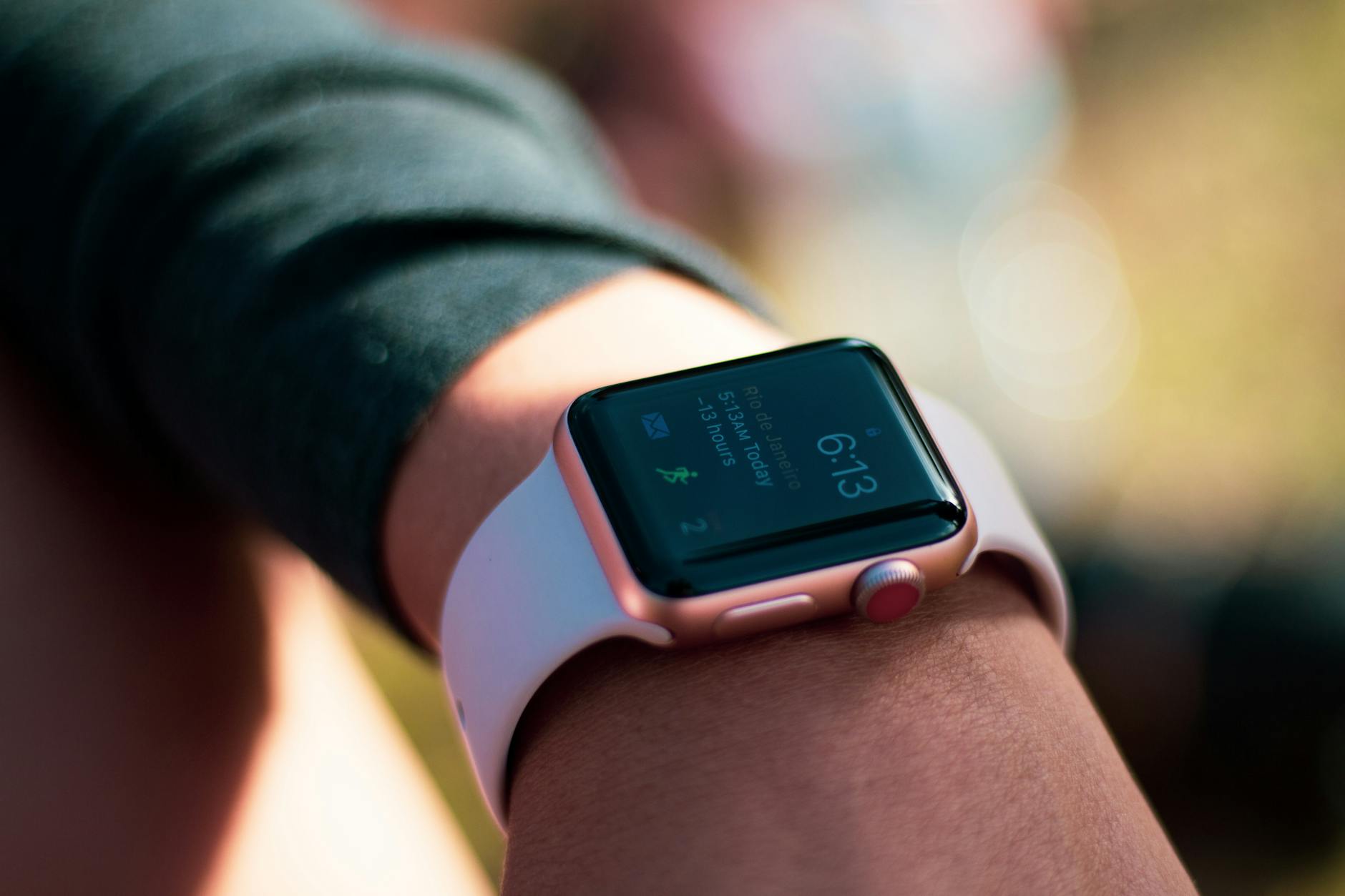Well most of this is already coming to pass, but right now Tesla stock is again at near it’s all time high. While I have no idea what the market will bring, there seem to be three factors that are coming into play. It’s like most business school cases, whether you like Elon or not (or whether you liked Steve Jobs or not, or Bill Gates for that matter), they do follow a pattern.
As I constantly tell people, I have a “class on that”. So here are some excerpts from a class on riding waves. Let me know if you want a sample of it. Send a note to info@tongfamily.com
In this case, there are three bigs ones that are very similar to the PC, Dot.com, China, mobile and SAAS waves (at least as I’ve experienced them). The main lesson here is that you need at least TWO :
- The need for TWO technology trends that crack the market. Incumbent tend to look strong until they are not particularly in a time of massive change. As Elon has changed, markets need usually not one big shift, but two to cause really dislocation. In the case of the PC, it was the move to the microprocessor and also the move to software-centric features. Hence the name Microsoft is actually pretty accurate. In the case of the iPhone, it was the move to a general-purpose computer with enough battery and the 1000x increase in network bandwidth that made it. In the case of Tesla, it’s the move to electrification and the move to software in both convenience and autonomy that is cracking the nut. Basically when a company meets two exponentials, it is hard to adapt.
- The TWO apparent strength of competition but which do not block the startup. This is actually pretty important. Right now, the high entry barriers to entering the car business mean we don’t have 1M startups doing the same thing. In this case, these are megaloth car companies, but the critical vulnerability here is that they really do not have much free cash flow. This was quite true pre-COVID-19 and is even more so now. At that point, the need for dividend growth meant that even at the “net income” level (really that should be free cash flow before financing), they were on average paying 40% of their cash in dividends, so while Tesla could raise $6B, the individual incumbents were really way behind. The second apparent strength is their legacy business. When the technology trends happen, that becomes a boat anchor. In this case, hardware guys are not software people and the need to go “all in” on a new technology cuts against the grain.
- The TWO unapparent strengths of people and software vertical integration. The first is the hardest, having a brash founder who can most importantly motivate people really matters. Individual person quality in the face of disruption means that you can literally have a 1000:1 ratio of people and the little guy will win. Elon is nothing is not inspiring. The mission to “Save the planet through sustainable transportation” is pretty gripping. The second is the ability to switch from a mature company outsourcing and horizontal integration to vertical. When the technology trends happen, then you get major wins across the vertical areas that you can drive a “literal” truck through.
- TWO market realities that prevent the block. Now most innovation is actually blocked by the last problem. That is, it is easy for most mature companies to simple strangle the competition. In the US, where high market share abounds, this is usually pretty easy. Either drop your prices to zero and then kill the cashflow of the new guy. Or use regulatory capture to prevent the company from ever coming to market or selling. In this case, the dealer laws seemed to be the way to prevent any new car company from entering, but going direct went around that problem. And, since these are public companies and the products have no margin, simply lowering prices wasn’t going to help.
That’s nice but what about Tesla?
Well good question, that’s the framework, what we are seeing is the classic end to an exponential when all these forces come to play and the market switches its view from a loser to a winner. Here is what we see happening:
- The product is reaching maturation quicker than anyone thought. Since people are basically linear thinkers, the fact that we are seeing autonomy actually roll out to 1M cars in stages makes you think it will never happen. But 12 months ago, did anyone think that you could get somewhat reasonable stop sign recognition just from cameras just 8 weeks after we got recognition. So the autonomy rollout is really happening.
- The battery day is a big deal because moving to a 1M mile battery and less than $100/KwH means that EVs are going to be cheaper than gas cars.
- Demand is the other, which is that the conditions of “the product is just” great have arrived. Seeing Tesla volume stable in the fast of COVID-19 is the last.
Now who knows what will actually happen. Will Elon implode like Osborne or will he become (hopefully) a kinder and gentler version of himself (like the later Steve Jobs), no one knows, but it’s interesting to see the trends play out.






